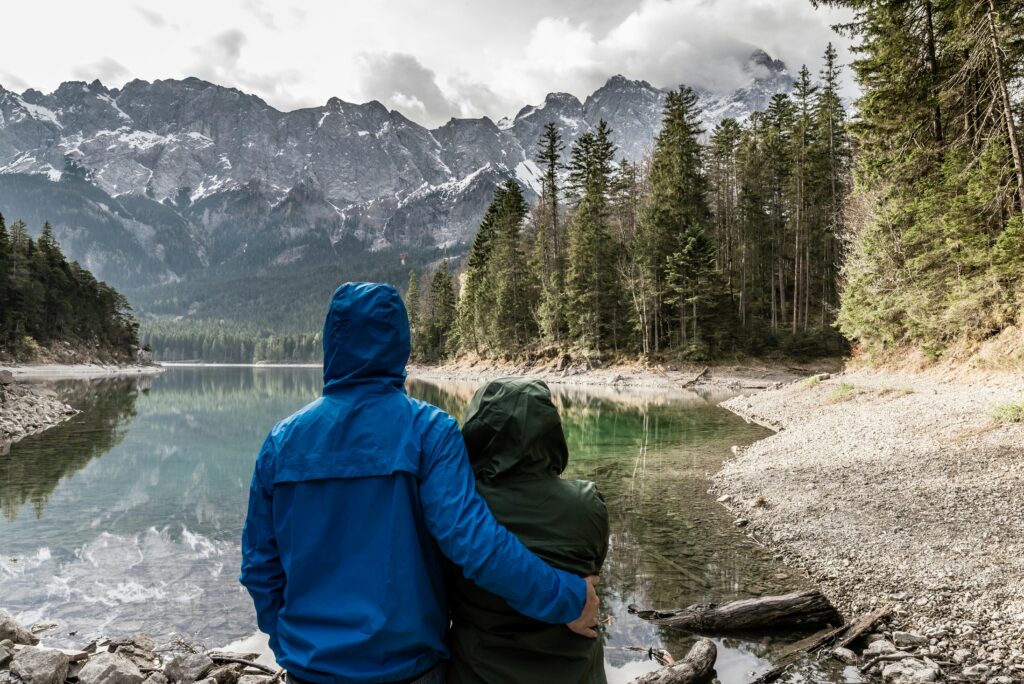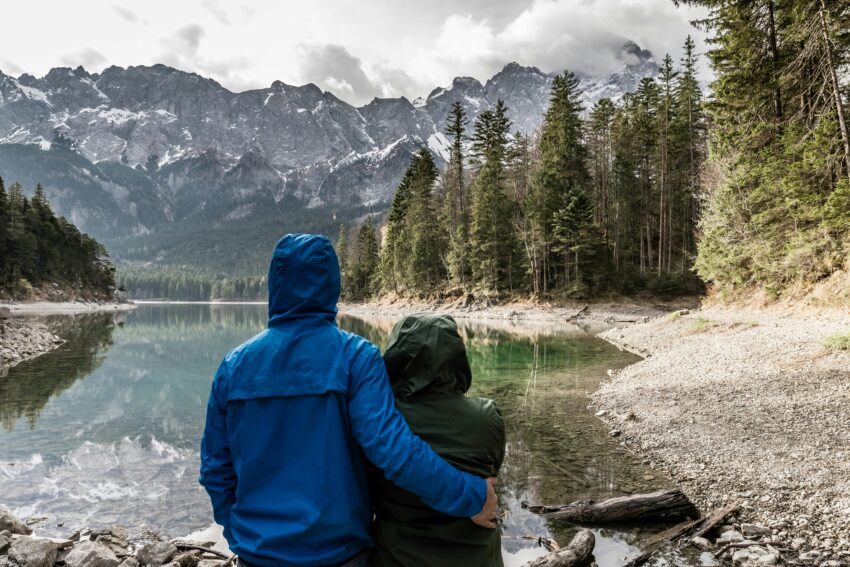Written by Andrea Needham, EldersDay.org, August 20, 2025

Image via Pexels
Adventure vacations ask more of you—and give more back. But that exchange only works if
you show up prepared. Not checklist-prepared. Not Amazon-cart-prepared. Actually
prepared. The kind that makes room for physical resilience, mental surprise, and the reality
that no itinerary survives contact with wild terrain. Whether you’re gearing up for your
first trek into the unknown or recalibrating how you travel after burnout, this is what you
need to know to make the most of it.
If you’re self-employed, it’s even more urgent
When you work for yourself, the line between “off” and “on” tends to vanish. That’s why
prioritizing structured personal downtime can be the single most strategic decision you
make all year. You check Slack from summit points. You pitch while waiting for coffee.
That’s not freedom—it’s erosion. Adventure vacations give you back something crucial:
boundary. When you’re in the wild, you can’t check email. You’re forced to stop solving and
start sensing.
Start with the season, not the spot
You can’t just pick a destination—you have to pick a moment. Before committing, start by
choosing trip timing for ideal weather. Seasons dictate more than weather; they shape
crowds, wildlife patterns, local rhythms, and even gear requirements. Want Iceland’s
waterfalls at full strength? Go in spring. Prefer the Dolomites quiet? Skip August. Too many
travelers book around bucket lists, not conditions. If you don’t map your adventure to the
landscape’s actual rhythm, you’re more likely to miss what makes it sing.
Pack for the moment you least expect
Packing for adventure isn’t about being ready—it’s about being ready when you’re
exhausted, wet, delayed, or lost. That starts with creating an adventure-tailored checklist
that focuses less on quantity and more on utility. You’re not packing “stuff.” You’re packing
friction-removers. That means fewer “just in case” items and more gear you know you’ll
use at 3pm on Day 5, when your patience is low and the terrain just turned. Before
anything goes into your bag, run it through this filter: Will this help me keep moving or
make me stop?
Train your body like it’s part of the gear
Too many people train for distance when they should be training for terrain. The best way
to prep is to train all relevant movement skills. Adventure travel isn’t a marathon—it’s a
collage of awkward movements: sudden elevation gains, slippery descents, long travel
days, and unexpected carries. You need more than cardio or strength—you need lateral
motion, backpack tolerance, and recovery speed. You don’t have to be elite. You just need to
be adaptable.
Know the difference between danger and discomfort
Adventure comes with risk, but most problems stem from unforced errors. Your margin of
safety improves drastically when you start by equipping a wilderness safety kit. You forgot
altitude pills. You skipped lunch. You assumed cell service. Don’t. Adventure safety isn’t
about paranoia—it’s about respecting thresholds. Discomfort is fine. Danger is failure.
Small mistakes snowball fast in remote conditions—feet blister, hydration drops,
temperatures plummet.
Your brain needs the break more than your body
You might think adventure is about pushing yourself. But adventure travel transforms
mental health more than it taxes your muscles. Real adventure rewires your brain—it
floods you with novelty, presence, and uncertainty. It’s one of the few ways to jolt a
modern, overstimulated mind back into coherence. When you’re off-grid, sweaty, and
stripped of performance metrics, your brain shifts. You stop tracking progress and start
feeling time.
The unexpected will show up—and that’s the point
Even the best-prepared plans fall apart. That’s why it’s worth learning to embrace chaos as
learning moments. You’ll forget sunscreen, miss a transfer, or book the wrong night.
Something will break, or melt, or arrive six hours late. What matters is how you respond.
The people who get the most from adventure don’t control the chaos—they dance with it. And they pack with that in mind.
Adventure doesn’t reward those who over-prepare. It rewards those who prepare well
enough to stay nimble, clearheaded, and aware. Every trip teaches you something you
couldn’t have Googled. And those lessons don’t just improve your travel—they bleed into
your work, your relationships, your resilience. You return not just rested, but recalibrated.
So pack smart, train light, expect surprise, and build the kind of trip that leaves a
mark—not just on your calendar, but on your wiring.
Embark on your next great adventure with Access Adventure and discover a world of
accessible travel experiences tailored just for you!
